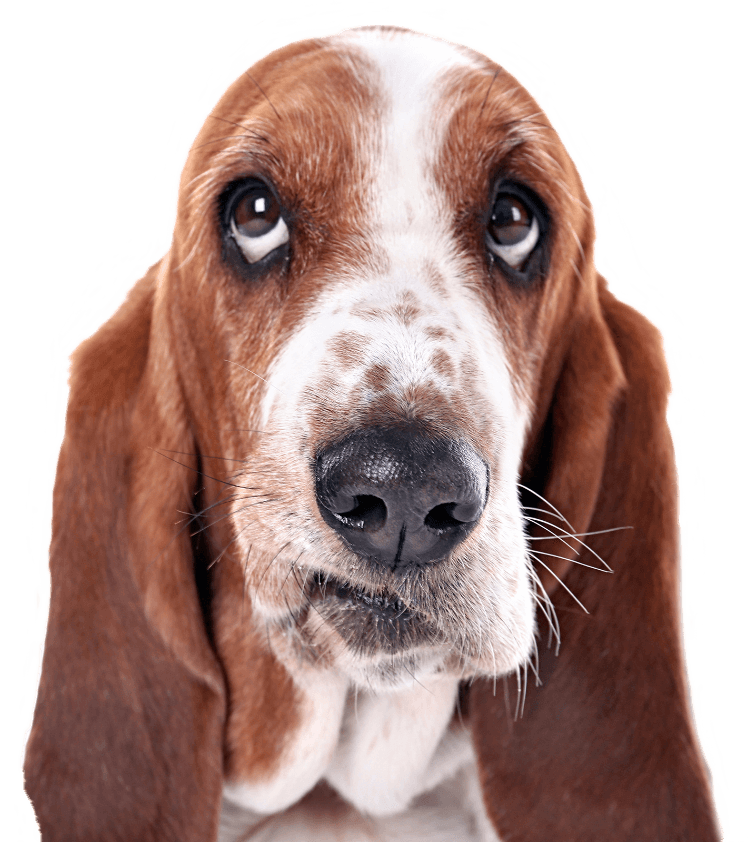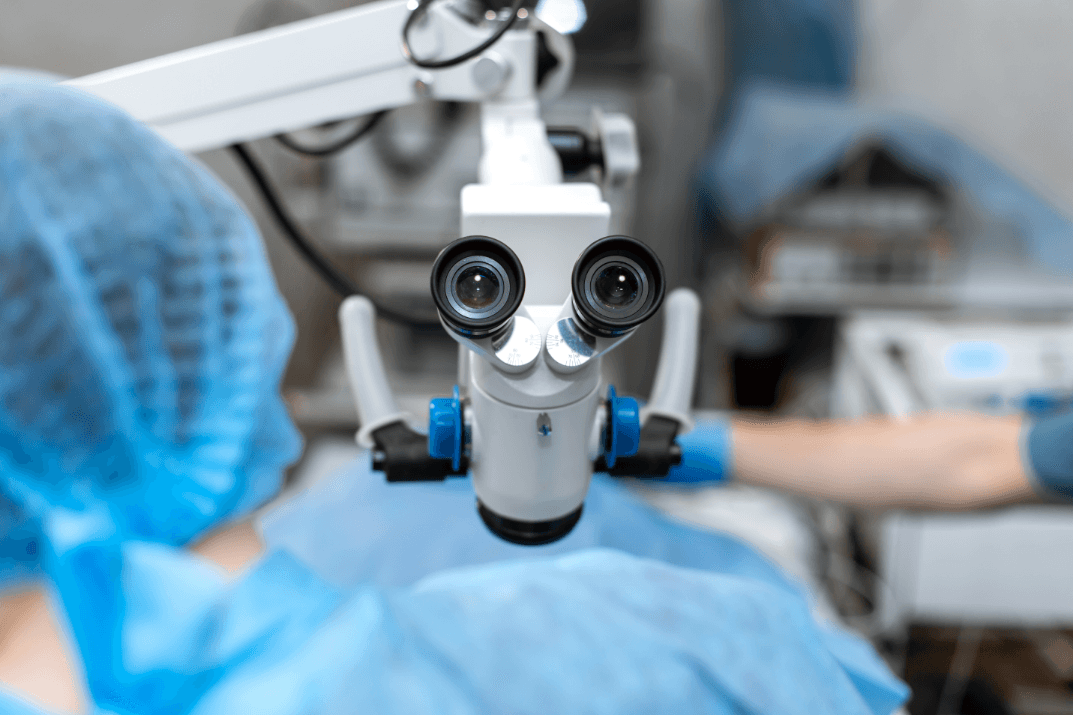

Entropion In Dogs
Entropion is a common eyelid issue in dogs, where the eyelids roll inward, causing eyelashes to rub against the eye. This can lead to pain, corneal issues, ulcers, and even blindness if not treated.

Signs of entropion in dogs
Dogs with entropion may show signs like eye redness, squinting, increased tear production, and a wet area on the affected eyelid. A mucus discharge from the eyes may also occur.
Signs of entropion in dogs
Medical management can ease symptoms but won’t cure the problem. Eye drops and lubrications may be used. Surgical correction involves removing excess eyelid tissue. Animal Trust offers affordable upfront pricing for entropion surgery, starting at £469 for up to 2 eyelids.
Recovery for dogs after entropion surgery
Dogs with BOAS may exhibit symptoms like noisy breathing, difficulty exercising, overheating, and, in severe cases, collapsing or fainting due to insufficient oxygen reaching the brain.
Preventing entropion in dogs
Regular vet check-ups are crucial. Promptly treat eye issues to prevent secondary entropion. Avoid breeding from dogs with a history of entropion to minimize the risk of passing it to offspring.
Concerned About Your Dog? Act now!

Animal Trust is a trading name of Animal Trust Vets CIC, a community interest company registered in England and Wales. Company Registration No: 07938025
Registered Office: Animal Trust Administration Centre, Cedab Road, Ellesmere Port, CH65 4FE
